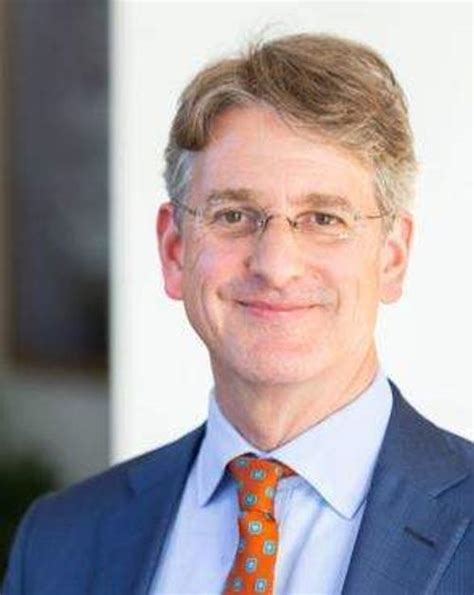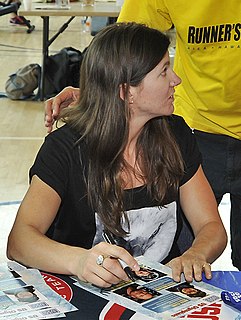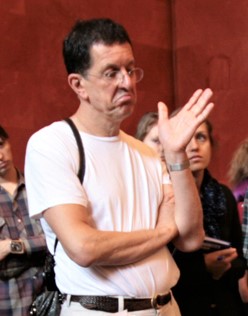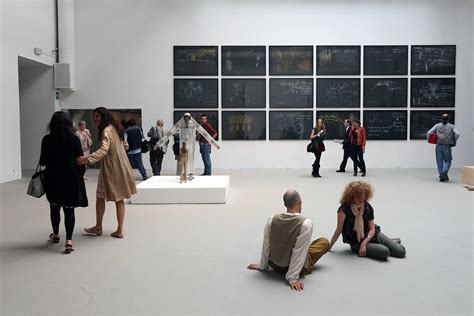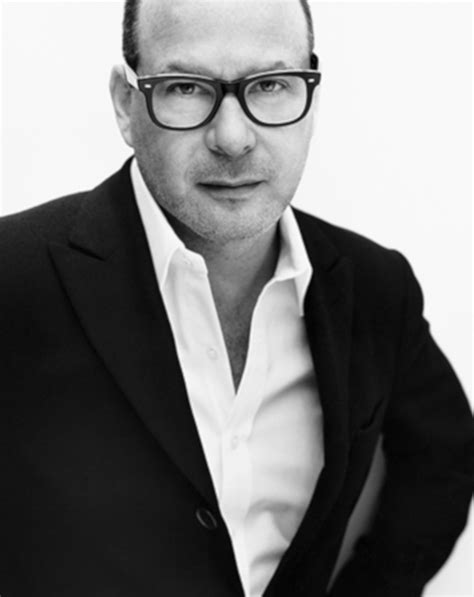A Quote by Orhan Pamuk
In poetically well built museums, formed from the heart's compulsions, we are consoled not by finding in them old objects that we love, but by losing all sense of Time.
Related Quotes
Without perceiving things through the old filter of past conditioning and conceptualization, one can sense the universe is intensely alive. Even so-called inanimate objects - I often pick up little objects and just look at them and sense that they are alive. Physicists actually confirm that what we perceive as dead matter is not dead at all. Everything is an intensely alive energy field. That aliveness is only an aspect of the aliveness or life that I am.
As readers can probably tell from my books, I love the outdoors. I love to hike, kayak, and swim. I also love to read (which is probably not a surprise) and I love the theater and art museums. I especially love all the instruments of art: inks, pens, paintbrushes, watercolors and oils, fine papers and canvases, and although I love to mess around with these tools and objects, I have minimal artistic skills.
By the time I was 18 years old, I had achieved everything that was in my heart to do and at the same time I wasn't finding the fulfillment I was expecting to get from it. All of the experiences were incredible and I wouldn't trade them for the world, but it wasn't fulfilling me. I went through the motions for a few more years, but I was looking for something more.
In the Christian sense, love is not primarily an emotion but an act of the will. When Jesus tells us to love our neighbors, he is not telling us to love them in the sense of responding to them with a cozy emotional feeling. You can as well produce a cozy emotional feeling as you can a cough or sneeze. On the contrary, he is telling us to love our neighbors in the sense of being willing to work for their well-being even if it means sacrificing our well-being to that end.
The religion of art, like the religion of politics, was born from the ruins of Christianity. Art inherited from the old religion the power of consecrating things and endowing them with a sort of eternity; museums are our temples, and the objects displayed in them are beyond history. Politics--or more precisely, Revolution--co-opted the other function of religion: changing human beings and society. Art was an asceticism, a spiritual heroism; Revolution was the construction of a universal church.



